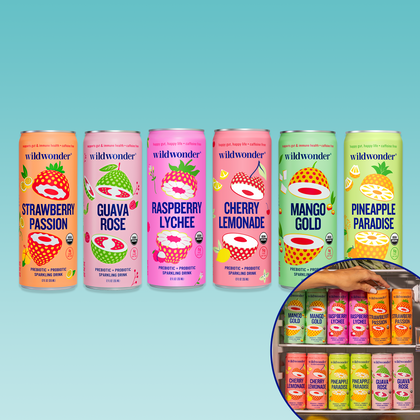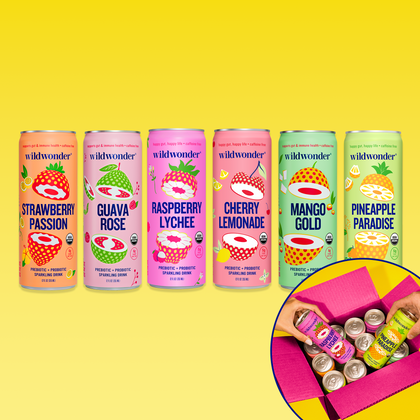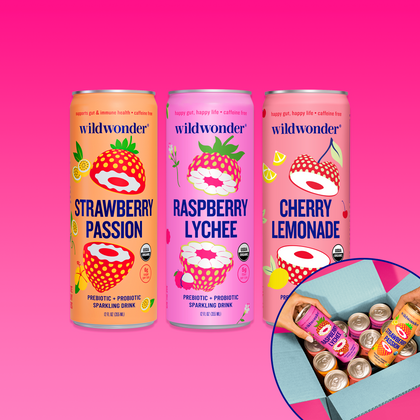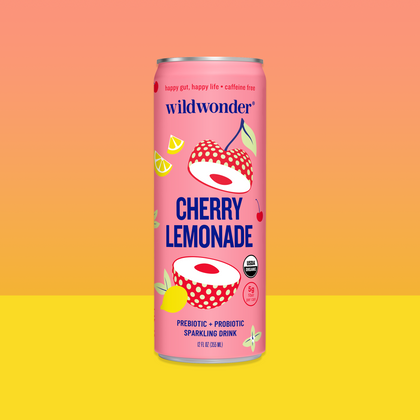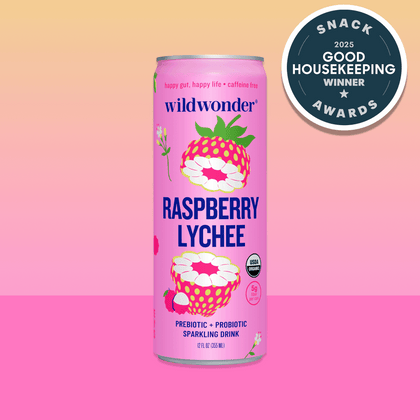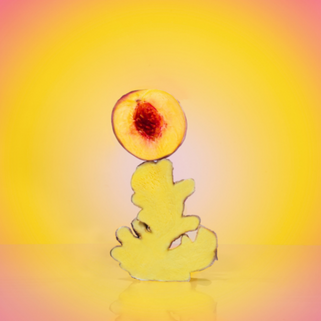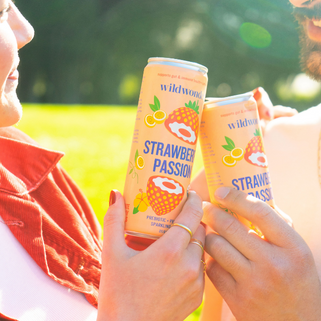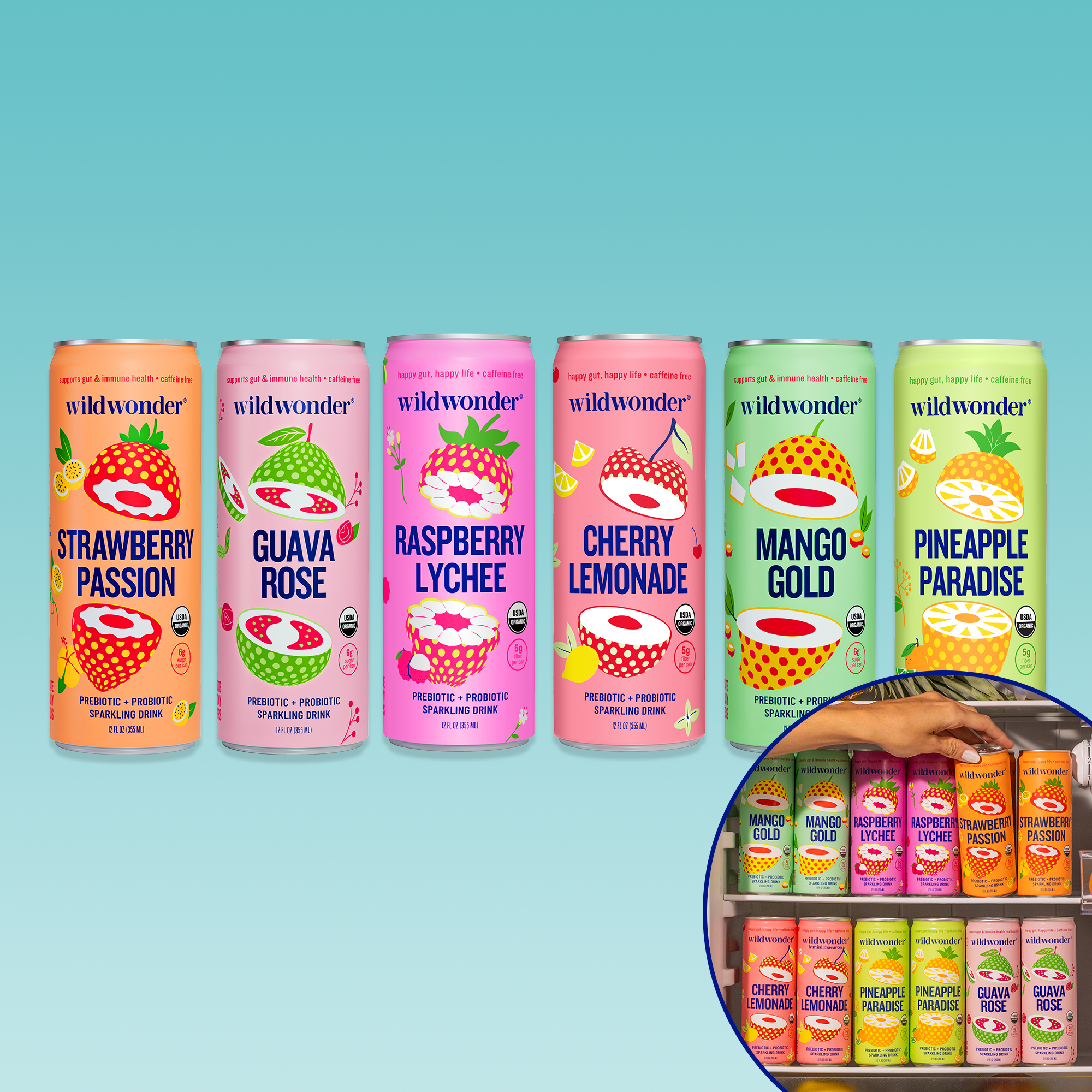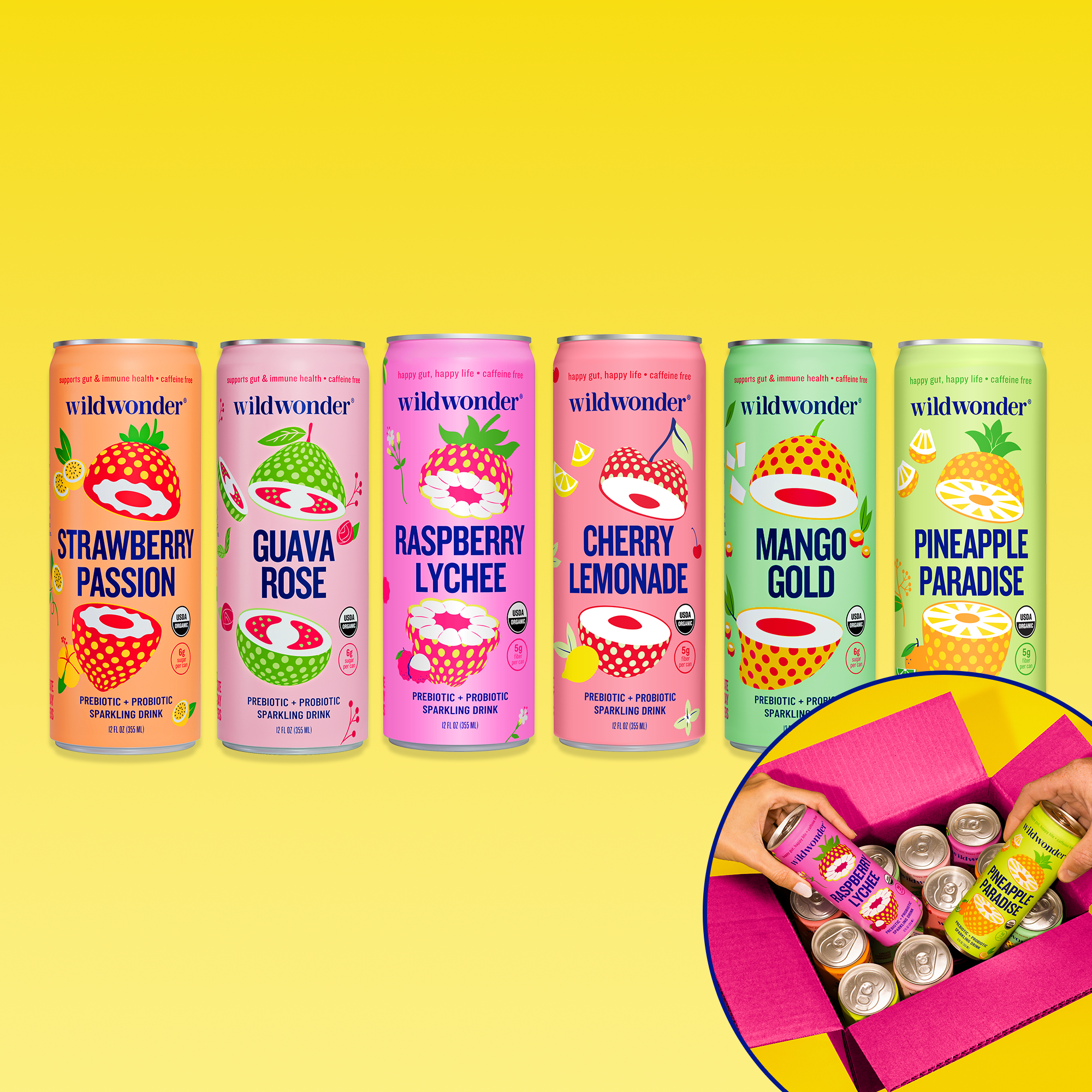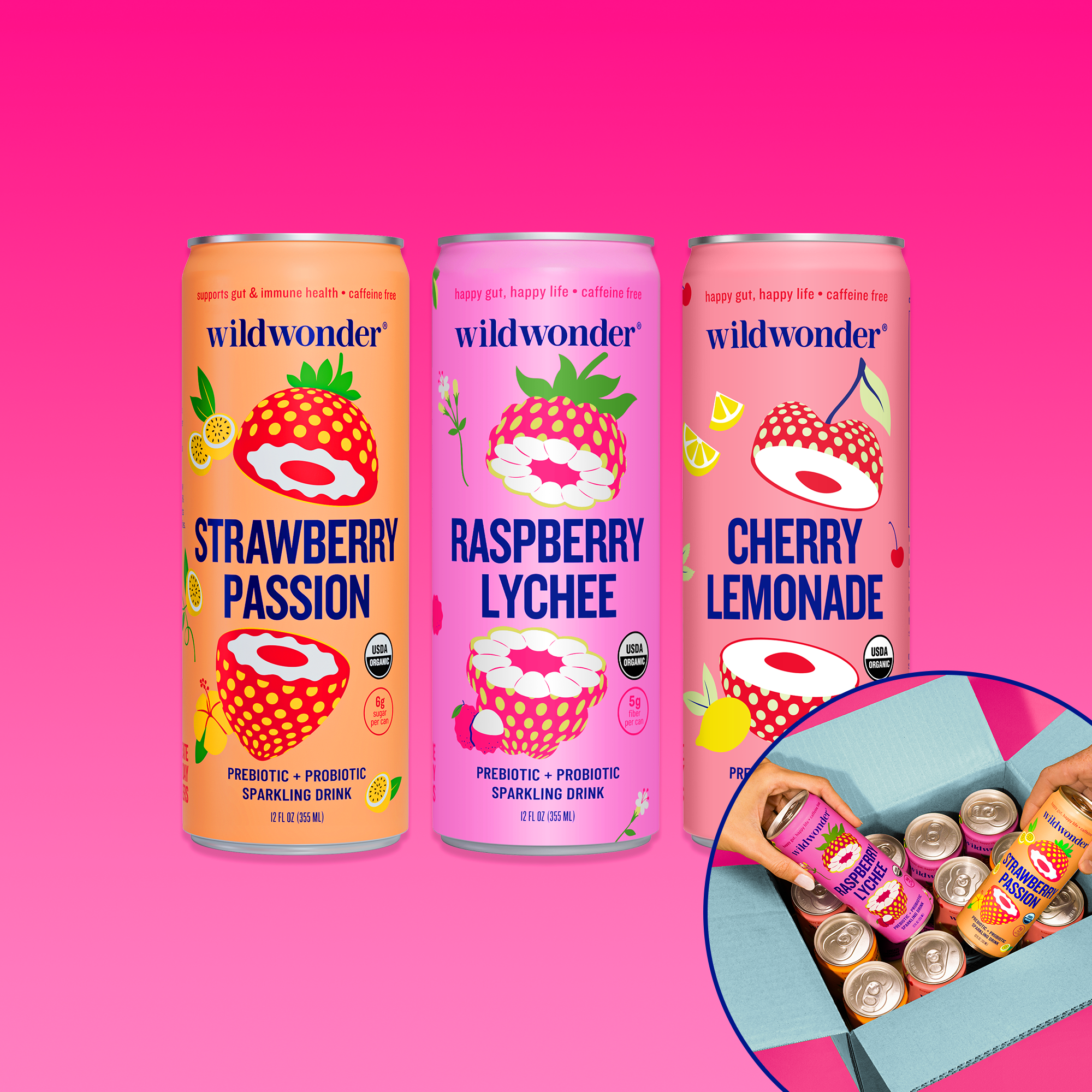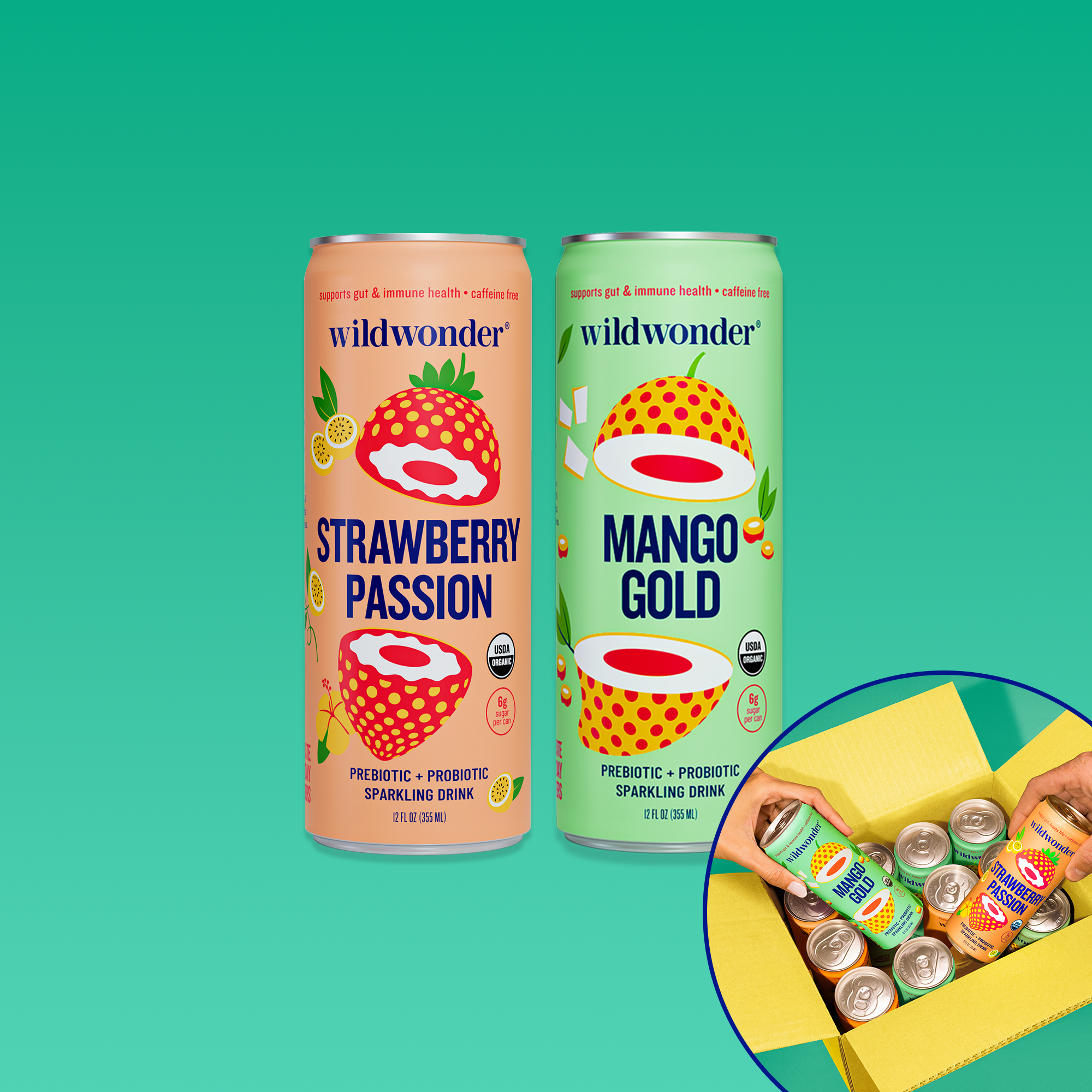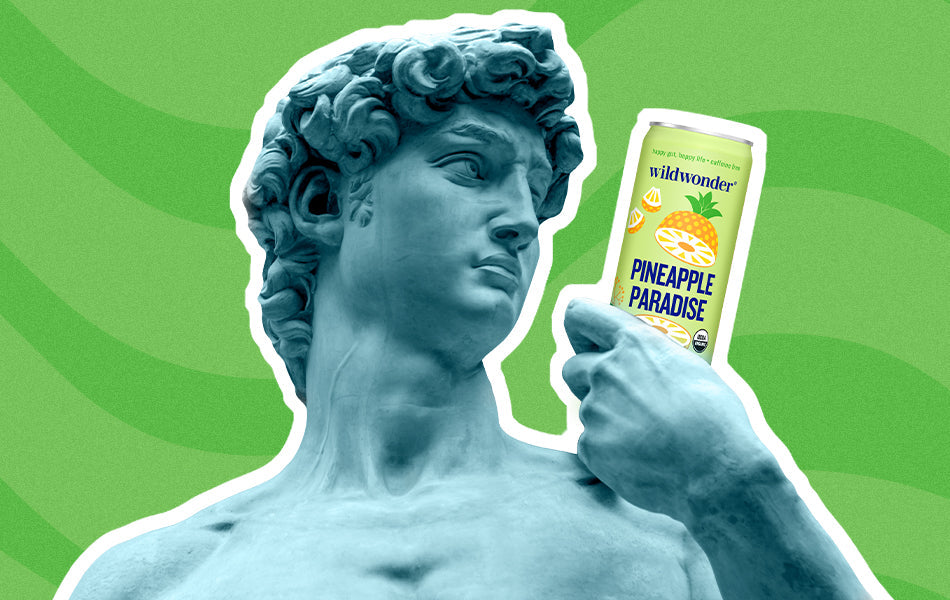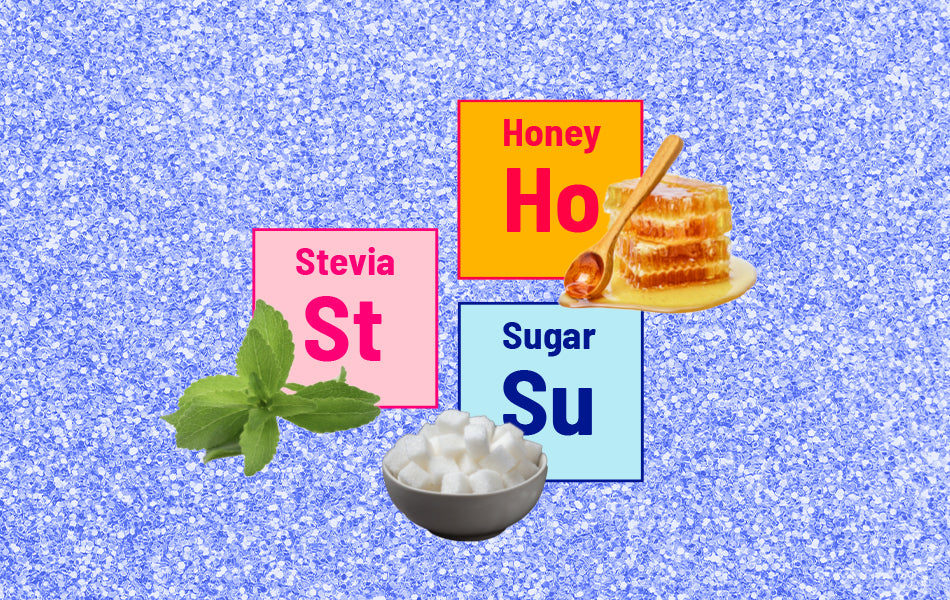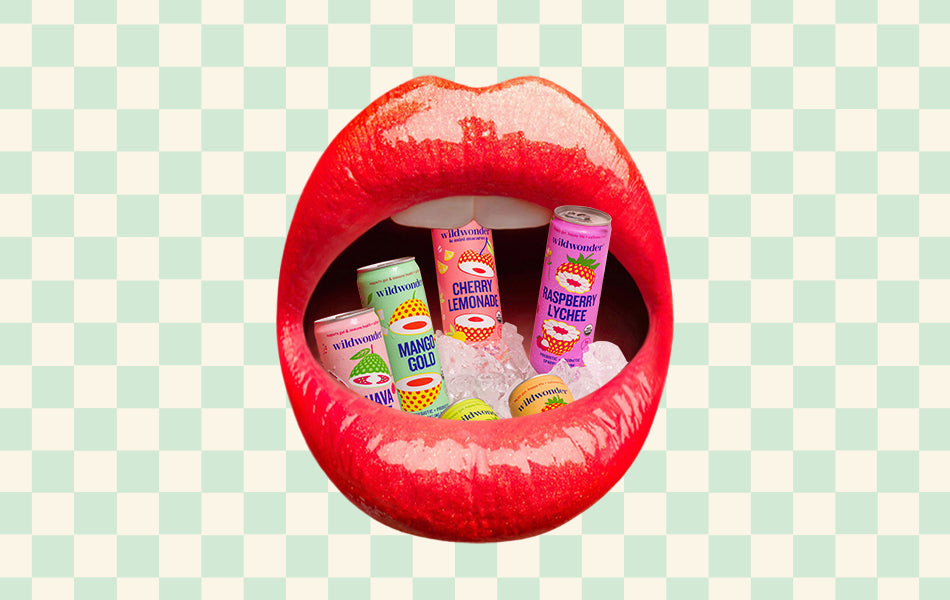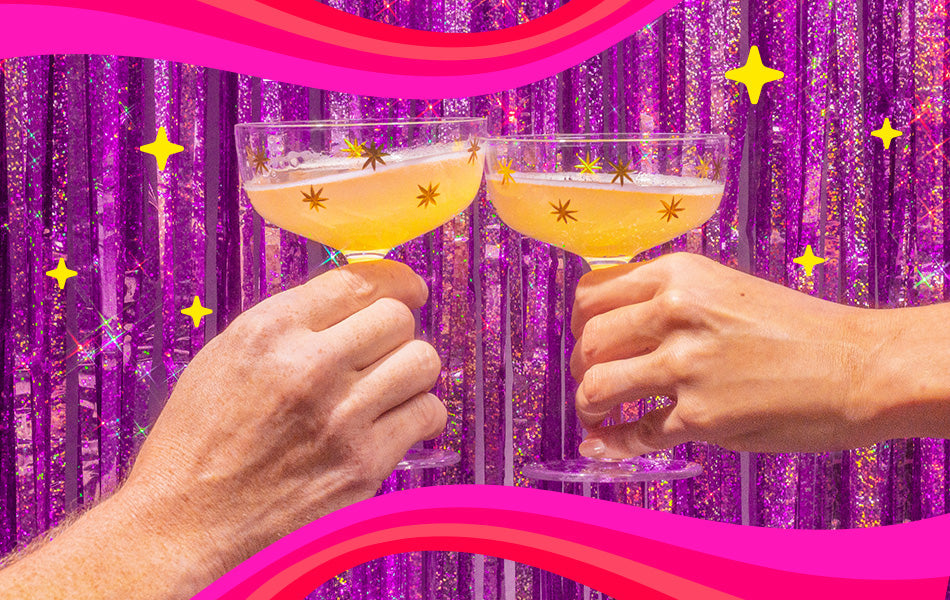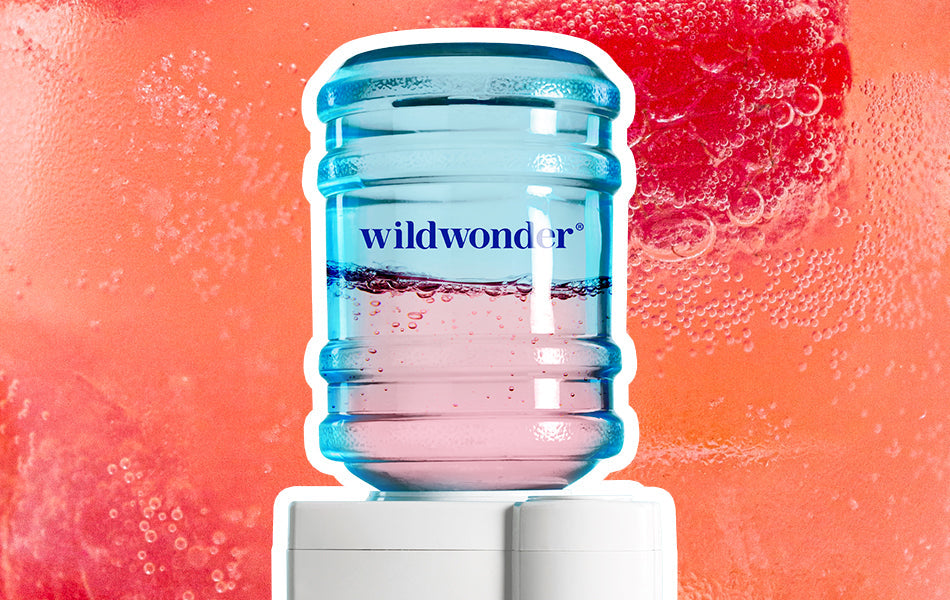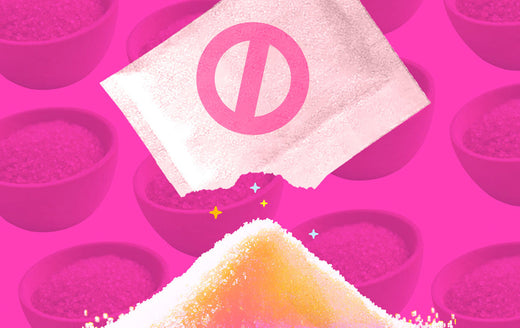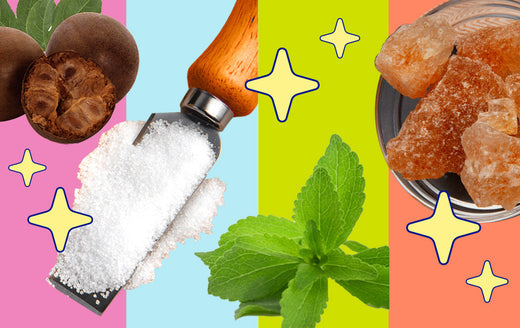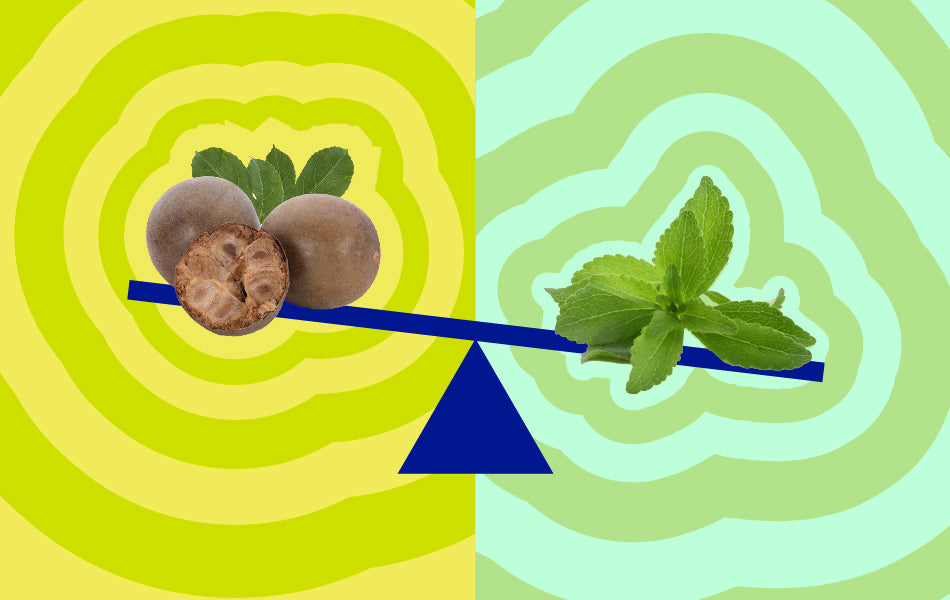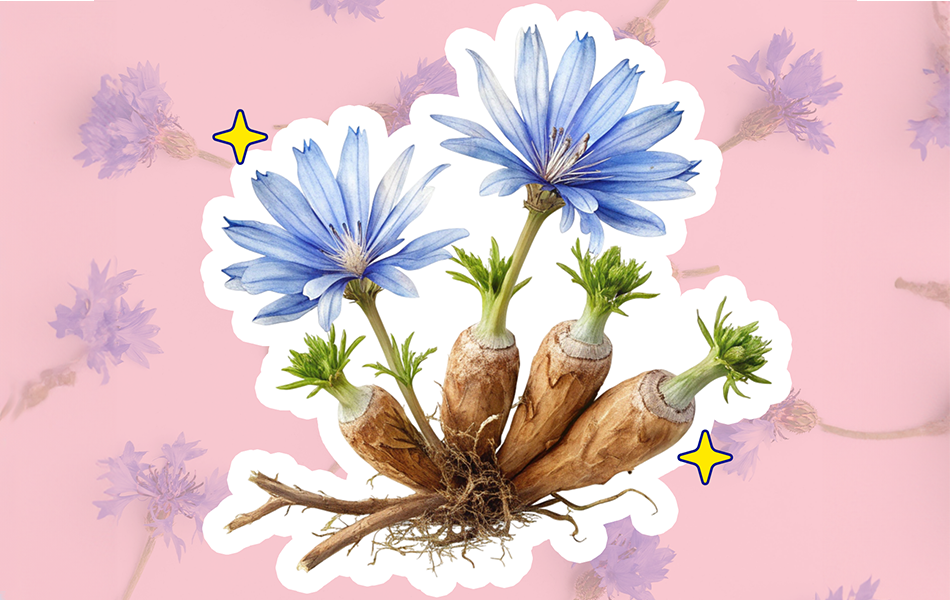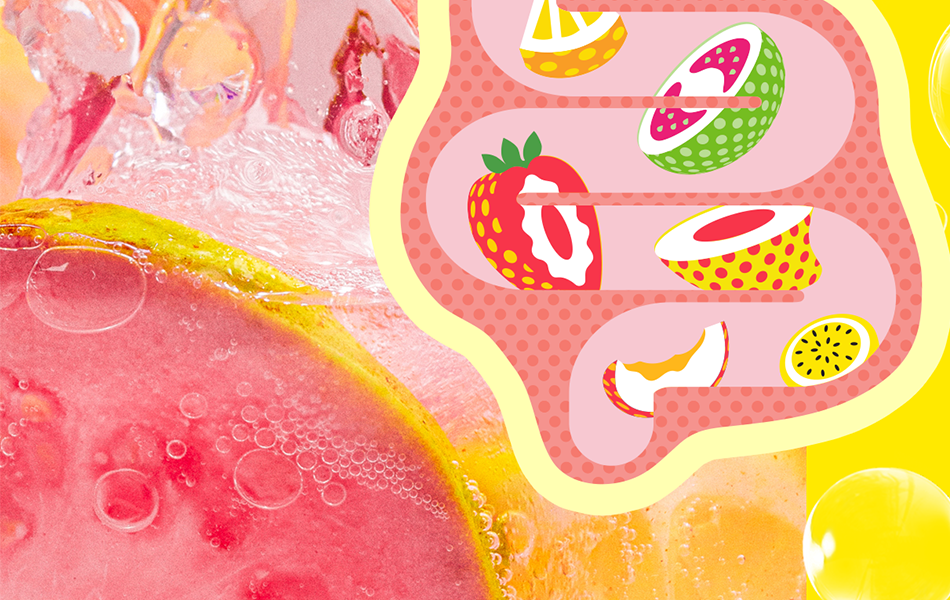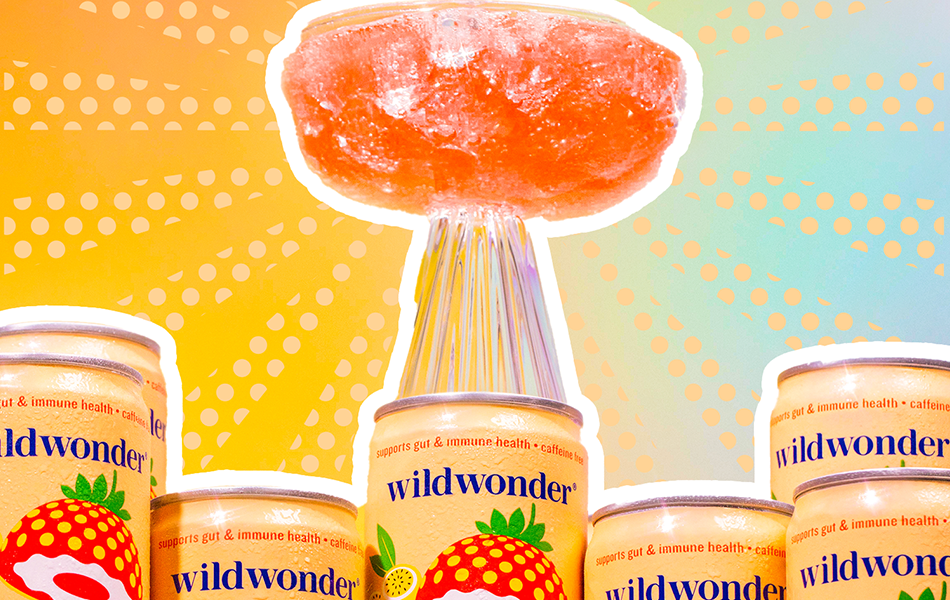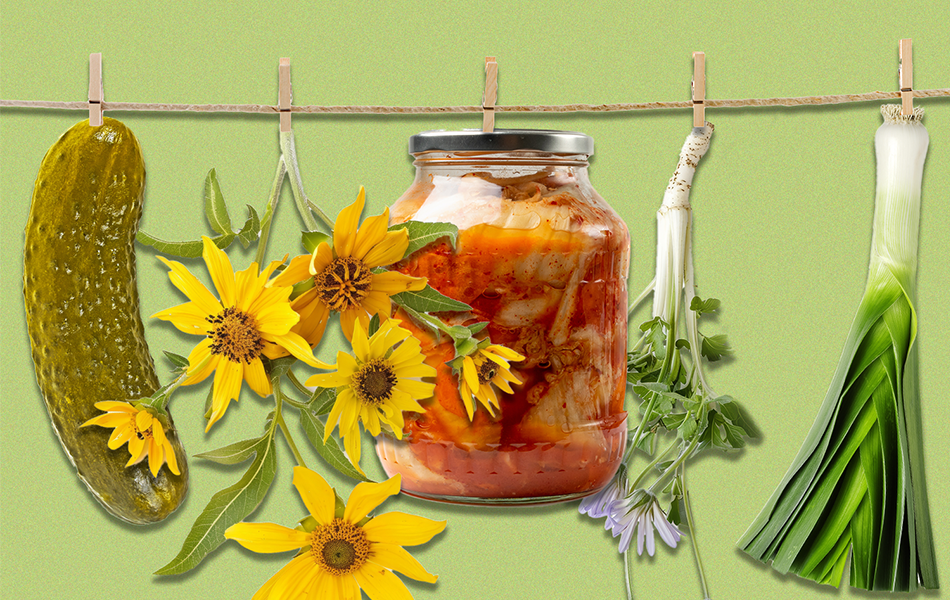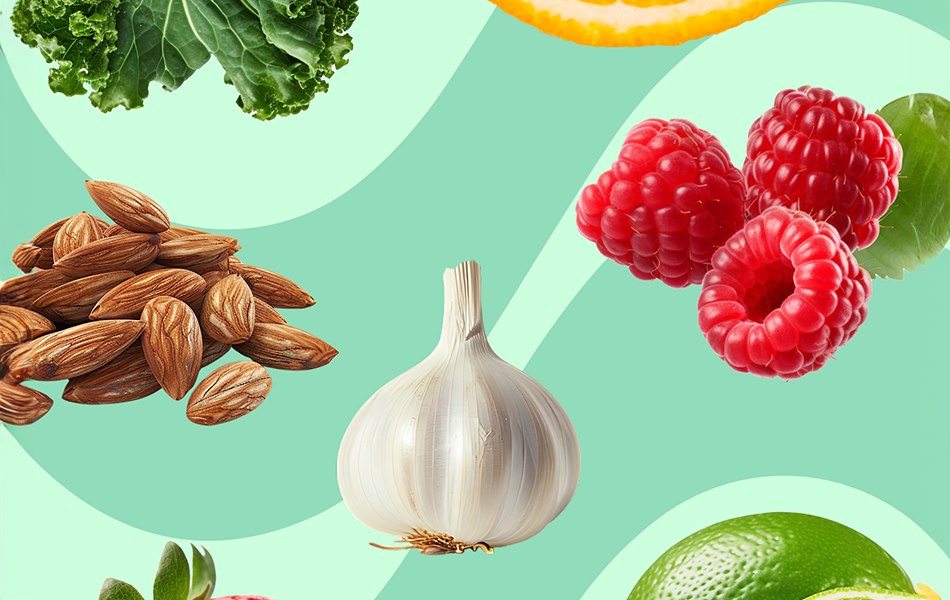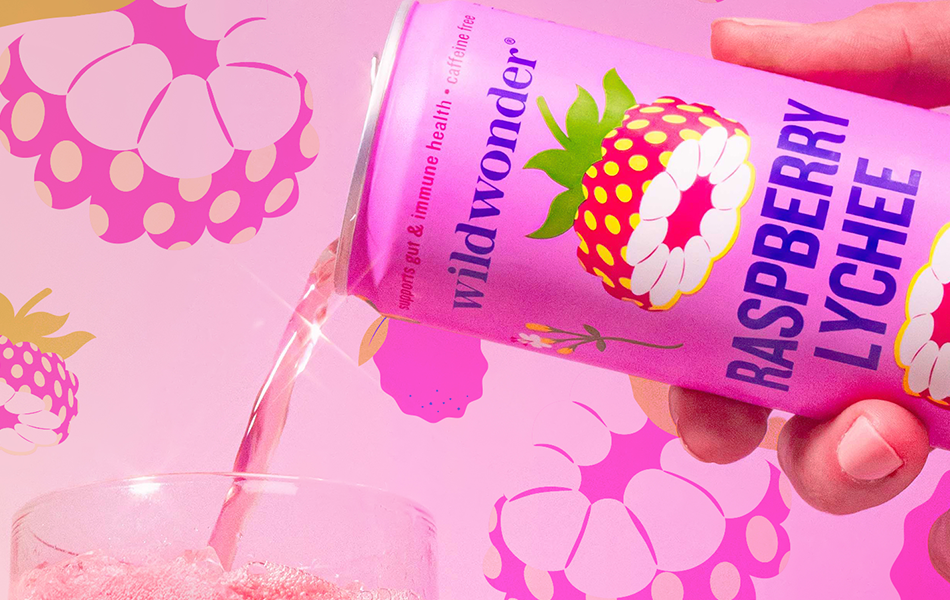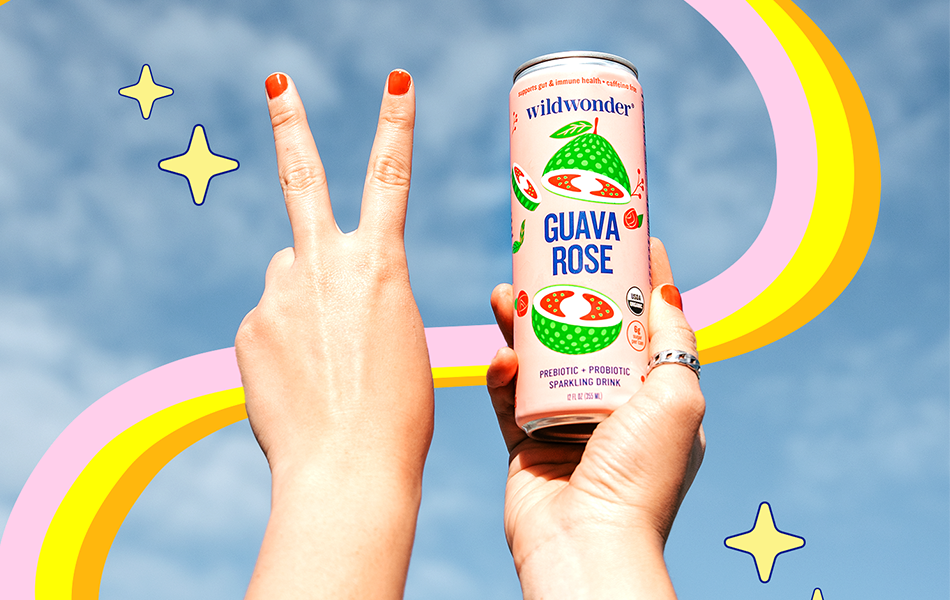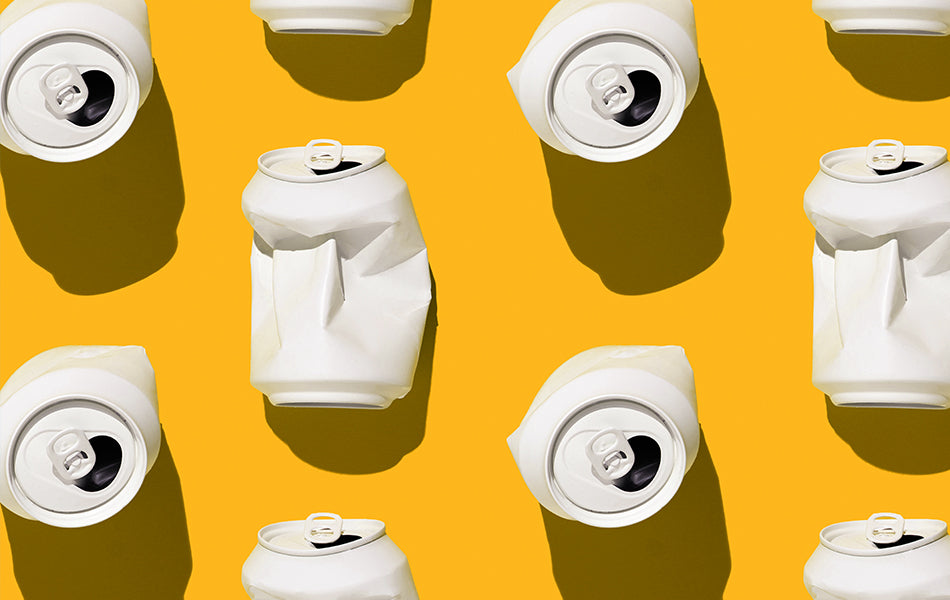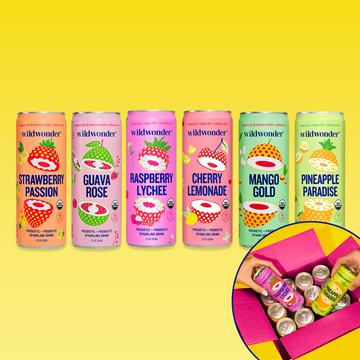Sugar is a staple in many of our favorite foods and drinks, from a morning cup of coffee to a fresh batch of cookies. But not all sugar is created equal. You’ve probably heard terms like "refined sugar" and "unrefined sugar" thrown around, especially when discussing healthier food alternatives. While they may sound similar, these two types of sugar are quite different in how they are processed and used in our diets. The distinction can be important when considering nutritional value and overall health benefits.
Before we detail what unrefined sugar actually is, it’s worth noting why there’s a growing buzz around this natural sweetener. Concerns about highly processed foods and artificial additives have led many to seek cleaner, more natural ingredients. For those with a sweet tooth or an interest in mindful eating, unrefined sugar has become a popular option. But what truly sets it apart from other forms of sugar? Let's explore that next.
What is Unrefined Sugar: Benefits and Understanding Sugar Processing
What Does "Refined" Actually Mean?
When we talk about refined sugar, we’re referring to sugar that has undergone extensive processing to remove impurities and natural components. This typically involves the extraction of sugar from its original source, such as sugar cane or sugar beets, where cane juice is extracted and processed into different types of sugars, including raw, unrefined, and refined sugars, and refining it into a pure, white crystalline form often referred to as table sugar. While refined sugar is a highly versatile ingredient, it’s stripped of most nutrients during processing, leaving only the sweetness behind. On the other hand, unrefined sugars like raw cane sugar or coconut sugar retain more of their natural minerals and molasses content due to minimal processing.
The Sugar Refining Process
The refining process for sugar involves several intricate steps. First, sugar cane or sugar beets are harvested and crushed to extract the sugar cane juice. This juice is then clarified to remove impurities before being boiled to form sugar crystals. White granulated sugar is a common refined sugar product that results from this process. These crystals are further separated, washed, and dried to produce refined sugar such as granulated table sugar or brown sugar, which has molasses added back after refining. By contrast, unrefined sugars, such as raw cane sugar or coconut sugar, often skip many of these steps and maintain a closer connection to their natural states. This difference in processing is what creates the divide between refined and unrefined sugars.
Common Misconceptions About Sugar Processing
There are several misconceptions surrounding refined and unrefined sugars. One common belief is that all unrefined sugars are inherently healthier than refined sugars. While unrefined sugars like coconut sugar or raw cane sugar may contain trace nutrients, their overall nutritional benefits are still minimal when consumed in large quantities. Another misconception is that refined sugar is the same as high fructose corn syrup. Although both are added sugars, high fructose corn syrup is a liquid sweetener derived from corn starch and processed differently. Understanding the nuances between refined sugar, unrefined sugar, and other sweeteners can help make more informed choices when selecting sugar for dietary needs.
Types of Unrefined Sugar
Traditional Unrefined Sugars
Muscovado
Muscovado is a rich, dark sugar with a moist texture, made from cane sugars by evaporating sugarcane juice without removing the molasses. It is known for its robust, caramel-like flavor and is often used in baking or as a sweetener for beverages. Its minimal processing allows it to retain trace amounts of minerals such as calcium, magnesium, and potassium.
Piloncillo
Piloncillo is a traditional Mexican unrefined sugar sold in solid cone or block form. Made by boiling and evaporating sugarcane juice, it has a deep, earthy flavor with hints of caramel and is a staple ingredient in many Latin American dishes and desserts.
Jaggery
Jaggery, popular in South Asia and Africa, is a golden-brown unrefined sugar made from sugarcane or palm sap. It comes in solid or semi-liquid forms and has a distinctive earthy sweetness. Jaggery is used in a variety of traditional dishes, drinks, and even folk remedies due to its perceived health benefits.
Panela
A widely consumed unrefined sugar in Latin America, Panela is made by boiling and setting sugarcane juice into solid blocks. It is valued for its rich molasses-like taste and is often dissolved into beverages or grated over foods for sweetness.
Modern Unrefined Sugars
Sucanat
Short for “Sugar Cane Natural,” Sucanat is a dehydrated, granulated unrefined sugar that retains its natural molasses content and is rich in natural sugars. It has a coarse, grainy texture and a slightly stronger flavor than white sugar, making it a popular option for adding depth to recipes.
Whole Cane Sugar
Whole Cane Sugar, also known as Rapadura or panela in some regions, is a less processed sugar that retains all its molasses, giving it a rich, caramelized flavor. It is typically sold in granulated or solid block form and is often sought after as an alternative to refined white sugar.
Liquid Unrefined Sweeteners
Traditional Cane Syrup
Traditional Cane Syrup is a thick, dark liquid made from evaporated sugarcane juice. Caster sugar, a type of refined sugar with an ultrafine texture, is also used in various recipes for its quick dissolving properties. It retains its natural molasses flavor and is used as a sweetener for pancakes, biscuits, and various recipes in Southern and Creole cuisines.
Natural Molasses
Natural Molasses is a byproduct of sugar production, consisting of the thick, dark syrup left after sugarcane juice has been boiled and crystallized. With a bold and slightly bitter flavor, molasses is often used in baking, marinades, and sauces to add depth and sweetness.
Agave Nectar
Agave is a natural liquid sweetener derived from the sap of the agave plant, which is native to regions of Mexico and South America. Known for its mild flavor and smooth consistency, it is a popular alternative to refined sugars. Agave syrup has a low glycemic index, meaning it causes slower and smaller spikes in blood sugar levels compared to traditional sweeteners. This makes it an appealing choice for those aiming to manage blood sugar levels. Additionally, agave is versatile and easily dissolves in beverages or recipes, making it a convenient and healthier option for sweetening your favorite foods and drinks. Agave nectar is a sweetener used in wildwonder drinks.
Agave, in its natural form, comes directly from the sap of the agave plant and is unrefined. However, by the time it reaches our tables or is added to foods and beverages, it is often considered a refined sweetener due to the processing it undergoes. Despite this, agave remains a great choice as a sweetener because of its lower glycemic index and versatility. It balances sweetness with a mild flavor, making it especially suitable for various recipes and beverages.
The Science Behind Sugar
Basic Sugar Chemistry
Monosaccharides vs. Disaccharides
Sugars are carbohydrates that can be classified as either monosaccharides or disaccharides, depending on their molecular structure. Monosaccharides, such as glucose and fructose, are single sugar molecules. Disaccharides, like sucrose and lactose, consist of two linked monosaccharides. These distinctions are key to understanding how different types of sugars behave in cooking and how they are metabolized by the body.
How Our Bodies Process Different Sugars
When consumed, sugars are broken down by enzymes and absorbed as glucose, which serves as a primary energy source. Monosaccharides are absorbed directly into the bloodstream, while disaccharides must first be broken down into their monosaccharide components. The speed and efficiency of this process can vary depending on the type of sugar and its food source, influencing energy levels and overall metabolism.
Nutritional Comparison
Mineral and Vitamin Content
Unrefined sugars retain trace amounts of minerals and vitamins, such as potassium, magnesium, and iron, due to their minimal processing. This is one of the reasons why wildwonder only uses unrefined options in their beverages. Refined sugars, on the other hand, undergo extensive processing that strips away these nutrients, leaving behind pure sucrose. While the nutritional contribution of unrefined sugar is small, these trace elements can still provide a slight advantage in overall dietary intake.
Glycemic Index Considerations
Different sugars affect blood sugar levels in varying ways, as measured by their glycemic index (GI). For example, fructose has a lower GI compared to glucose, meaning it causes a more gradual rise in blood sugar. Unrefined sugars may also have lower GI values due to the presence of molasses and other substances that slow down absorption. Understanding GI is important for managing energy levels and minimizing spikes in blood sugar.
Debunking Health Claims
While unrefined sugars are often marketed as "healthier" alternatives, it is crucial to evaluate these claims critically. The nutritional difference between refined and unrefined sugars is relatively minor, and consuming any type of sugar in excess can lead to health issues, such as weight gain and dental problems. Moderation should always be the guiding principle when incorporating sugars into your diet.
Agave is often considered a good choice due to its low glycemic index, which means it may have a less significant impact on blood sugar levels compared to some other sweeteners. Wildwonder drinks use agave in their beverages, making these drinks an appealing choice for those who are focused on maintaining healthy blood glucose levels.
Making Informed Choices
When to Choose Unrefined Sugar
Flavor Considerations
Unrefined sugars, such as whole cane sugar or molasses, add complex flavors to dishes, ranging from caramel notes to slight bitterness. These can enhance recipes where depth and richness are desired, such as baked goods or marinades. Conversely, refined sugars provide a more neutral sweetness that works well in recipes requiring a subtler flavor profile.
Recipe Requirements
The moisture and texture of unrefined sugars can influence the structure and consistency of recipes. For example, liquid sweeteners like molasses or cane syrup can add moisture to baked goods, while coarse unrefined sugar may affect creaming or dissolving in recipes. Selecting the right type of sugar based on a recipe's demands is essential for optimal results.
Personal Preferences
Ultimately, the choice between refined and unrefined sugars often comes down to personal values and preferences. Some individuals prioritize less processed options for environmental or ethical reasons, while others may focus on flavor benefits or health perceptions. Understanding your needs and preferences will help you make informed decisions when selecting sugars for your kitchen.
Sustainability and Production
Traditional Production Methods
The production of sugar varies widely, from small-scale traditional practices to large industrial operations. Traditional methods, such as those employed in artisanal sugarcane or beet processing, often rely on community-based efforts and minimal mechanization. These methods preserve cultural heritage and can provide livelihoods to local populations, though they may not always scale efficiently to meet global demand.
Environmental Impact
Sugar production is not without significant environmental implications. Industrial farming of sugarcane and sugar beets requires substantial water resources and often involves heavy pesticide and fertilizer usage, contributing to soil degradation and waterway pollution. Additionally, land clearing for sugar crops can result in deforestation and loss of biodiversity. Sustainable agriculture practices, such as crop rotation and organic farming, can help mitigate some of these adverse effects.
Fair Trade Considerations
Choosing sugar products that come with fair trade certifications can promote equitable labor practices and ensure that workers in developing regions receive fair wages. Fair trade also emphasizes environmentally friendly production techniques and community development, making it a more ethical option for consumers seeking socially responsible products.
Looking Beyond Labels
Understanding Marketing Claims
"Natural" vs. "Processed"
Marketing around sugars often contains terms like "natural" or "unprocessed," but these claims can be misleading. The term "natural" is not heavily regulated in most regions, and products labeled as such may still undergo significant processing. On the other hand, "processed" sugars often involve refinement steps that strip away minerals and compounds found in raw sugar sources. Understanding these differences can help consumers make more transparent choices.
Reading Sugar Labels
Decoding sugar labels requires attention to details like ingredient sources, processing methods, and certifications. Look beyond the broad term "sugar" to identify specific types, such as cane sugar, beet sugar, or syrup derivatives.
Below is a nutrition label of a can of wildwonder. You will notice that each can contains a total of 6 grams of sugar.

But the only way to know if the sugar included is refined or natural is by reading the ingredient label. Here are the ingredients used to make a can of Strawberry Passion wildwonder:

Here we have natural and unrefined choices, like strawberry juice and agave nectar, featured.
Making Mindful Choices
Quality Over Claims
Rather than being swayed by clever marketing, consumers should focus on product quality, whether through taste, texture, or the alignment with their values. Prioritizing artisanal or responsibly sourced sugars can often lead to better culinary outcomes and a reduced environmental footprint.
Choosing Products with Intentional Ingredients
Opting for sugar products that emphasize intentionality in sourcing and processing can enrich your kitchen and sustain ethical practices. For example, wildwonder offers thoughtfully crafted sweeteners that prioritize quality ingredients, sustainability, and exceptional flavor. By choosing brands like wildwonder, you can support ethical production while enjoying products that enhance your culinary creations.
FAQs
What are the differences between refined and unrefined sugar?
Refined sugar undergoes extensive processing to remove impurities and molasses, resulting in a highly concentrated and purified sucrose product. Unrefined sugar, on the other hand, retains more of its natural molasses content, giving it a richer flavor and a darker color. The processing differences also mean refined sugar has a longer shelf life but fewer nutrients compared to unrefined sugar. While refined sugar is typically granulated and neutral in flavor, unrefined sugar often has a coarser texture and a more complex taste.
Is unrefined sugar healthier?
Unrefined sugar can contain trace amounts of minerals like iron, potassium, and calcium that are stripped away during the refining process. Some people appreciate unrefined sugar for its lower glycemic index, though this can vary based on the type of sugar. The preference for unrefined sugar is one reason why wildwonder is a beloved drink for many, as this beverage is free from many refined sugars options. The sweetener sources used in wildwonder are fruit juice, agave nectar, and monk fruit.
How can I use unrefined sugar in baking?
Unrefined sugar is a versatile ingredient that can be used in most baking recipes where a deeper flavor is desired. It can be substituted for refined sugar in equal amounts but may slightly alter the color, texture, and flavor of the final product. For example, its richness pairs well with recipes for cookies, cakes, and muffins, especially those featuring spices or chocolate. Be aware that unrefined sugar may dissolve differently, so incorporating it into batters and doughs thoroughly is essential for even baking.
What are the most common types of unrefined sugar?
Some of the most common types of unrefined sugar include turbinado sugar, muscovado sugar, and raw honey. Turbinado sugar retains some molasses and has a light caramel flavor, making it ideal for sweetening drinks or sprinkling on baked goods. Muscovado sugar is moist and dark, with a robust molasses flavor that works well in rich desserts and savory marinades. Other unrefined options, like jaggery and panela, are popular in specific cultures for both their distinct taste and versatility in cooking.
Does unrefined sugar taste different from refined sugar?
Yes, unrefined sugar offers deeper, more complex flavors compared to the neutral sweetness of refined sugar. For example, unrefined sugar often carries notes of caramel, toffee, or even earthy undertones, depending on its type and molasses content. These nuanced flavors can enhance recipes by adding depth and a hint of sophistication. You will notice this when you drink wildwonder drinks, as they only use unrefined sugars and natural alternatives (like monkfruit. Natural sweetener alternatives can offer a sweet taste without added calories, and can help people satisfy their sweet tooth naturally.
About the Author
 Meet Lauren Manaker, MS, RDN, LD, CLEC, CPT, wildwonder's new resident dietician. Lauren is a multiple award-winner, book author, and freelance writer. She acts as an expert resource for outlets that include EatThis.com, Well + Good, and MindBodyGreen, leaning on her ability to interpret the medical literature to benefit her readers.
Meet Lauren Manaker, MS, RDN, LD, CLEC, CPT, wildwonder's new resident dietician. Lauren is a multiple award-winner, book author, and freelance writer. She acts as an expert resource for outlets that include EatThis.com, Well + Good, and MindBodyGreen, leaning on her ability to interpret the medical literature to benefit her readers.
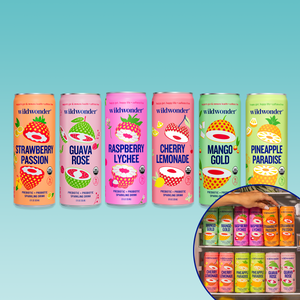 Shark Tank Bundle
Shark Tank Bundle
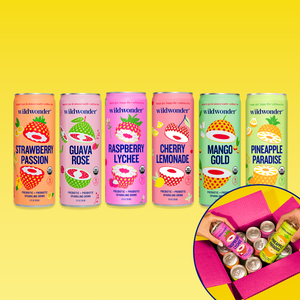 Classic Variety Pack
Classic Variety Pack
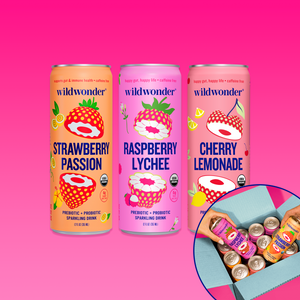 Very Berry Variety Pack
Very Berry Variety Pack
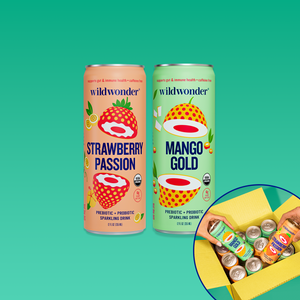 Rosa's Favorite Variety Pack
Rosa's Favorite Variety Pack
 Pink Pomelo Limeade
Pink Pomelo Limeade
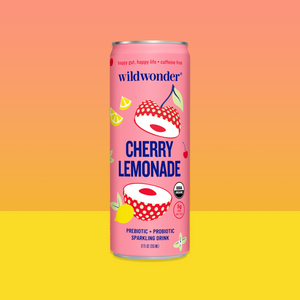 Cherry Lemonade
Cherry Lemonade
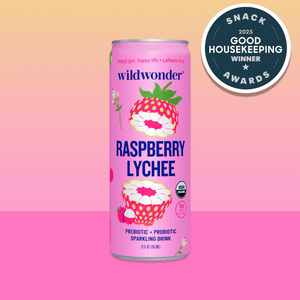 Raspberry Lychee
Raspberry Lychee
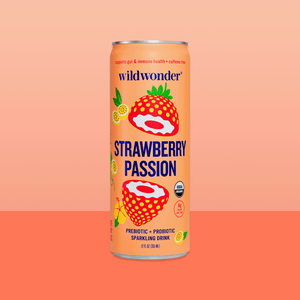 Strawberry Passion
Strawberry Passion
 Pineapple Paradise
Pineapple Paradise
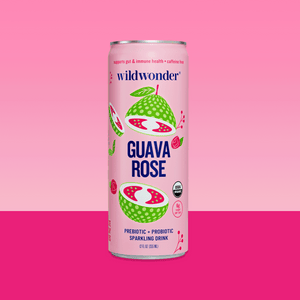 Guava Rose
Guava Rose
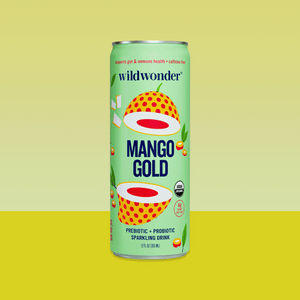 Mango Gold
Mango Gold
 WILD MAHJONG TILES
WILD MAHJONG TILES
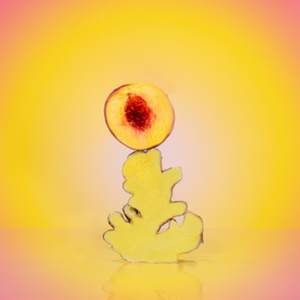 Blog
Blog
 Our story
Our story
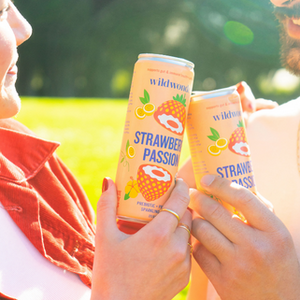 Impact
Impact
